Let’s Talk Volunteering
April is for spotlighting volunteerism. National Volunteer Week was launched by President Richard Nixon in 1974 to urge Americans to lend time and service to community outreach. Global Volunteer Month was launched to celebrate people who tackle society’s greatest challenges through volunteerism, according to the global nonprofit organization Points of Light.
As an organization deeply rooted in creating a socially just society, United Way not only celebrates those who volunteer but is considering what it means to do so with a racial justice lens amid the COVID-19 pandemic and beyond. We’ve asked Liahann Bannerman, United Way Director of Volunteer Engagement, to probe questions related to volunteering.
United Way: What does this month of volunteerism mean historically? What does it mean in a contemporary context?
Liahann Bannerman: Historically, whether it’s National Volunteer Week or Global Volunteer Month, it has always been about acknowledging and recognizing all the work that volunteers do. A lot of the time it has been about more formalized organizations thanking and recognizing their own volunteers. More recently, as we are starting to look at all the different ways that people engage in activity, particularly following everything with COVID-19, [volunteering] is the recognition of all the ways that people help and support each other. It’s a lot of people stepping up in lots of different ways.
United Way: What does volunteerism with a racial/equity lens look like?
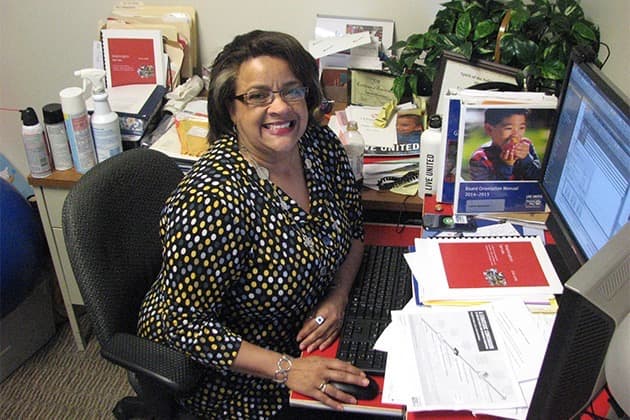
Liahann Bannerman: When people in the volunteer sector and professional volunteer managers talked about racial equity, it was about diversifying their volunteer pool. So, whether they were a mainstream organization or a BIPOC organization, it was all about how to change who volunteers. For us, looking at racial equity and volunteer engagement, we are looking more at the BIPOC-led organization’s perspective. That’s especially because of the historic underfunding; unless those organizations are large and have been around for a while, those organizations don’t have a paid volunteer manager or volunteer coordinator position.
For us, racial equity is not just looking at who volunteers but how they volunteer, understanding that some people do acts through faith and not organizations, just as helping their neighbors clean their yard or carrying a neighbor’s grocery. You ask them whether they volunteer, and they would say, “No,” because they believe volunteering is formal stuff. So, back to the racial equity lens: Organizations who seek to engage people in volunteerism want more diversity among their volunteers, but it’s more a question of what is the work you’re doing and how is it relevant to the people you want volunteering with you? Environmental organizations consistently seek to engage people of color to be volunteers. But when you advise them about their volunteer projects, you ask, “Are you in those communities? Are you showing up consistently and not just when you need people to do things? How are you making the case for why saving the trees relates to the fact that kids in the community aren’t getting enough food?” You have to be relevant.
United Way: What does volunteerism mean right now at United Way of King County?
Liahann Bannerman: We are co-designing with BIPOC-led communities to figure out what our volunteer engagement should look like. We have engaged about 40 BIPOC organizations in a focus group project on what they need, whereas in the past we would have totally said that we should create an intensive program in volunteer management ourselves and offer it out. In this case, we are saying, “Let’s find out what people need.” One of the findings we received from the project is that BIPOC groups want volunteers to come with some cultural competency. We are looking at perhaps a test or reflective tool for all volunteers to think about in advance before they show up in the space. We want them to give thought to the space itself.

United Way: What advice would you give for those who seek to do something this month in the name of volunteerism?
Let’s not leave it to the nonprofit organizations to be the ones thanking people; everything that someone does to volunteer is some capacity is helping the greater good.
Liahann Bannerman, United Way Director of Volunteer Engagement
Liahann Bannerman: The biggest thing is that this month is about recognizing and thanking volunteers. If you’re a volunteer, hopefully someone will acknowledge your work and thank you, but for you to also do the same. If you’re a parent, and your kids have done service hours, make a big deal about that. Let’s not leave it to the nonprofit organizations to be the ones thanking people; everything that someone does to volunteer is some capacity is helping the greater good. And it’s a good time, if you’re not currently engaged in something, to think about how could you use your time, your voice and your expertise? There are so many ways to volunteer or, as we’ve discussed, “just help.” If you do want to volunteer with an organization, check out our website to see the wide range of help that is needed. And I always say look around: Is there a need you can fill or someone you can help? Start in your own neighborhood and go forth from there!

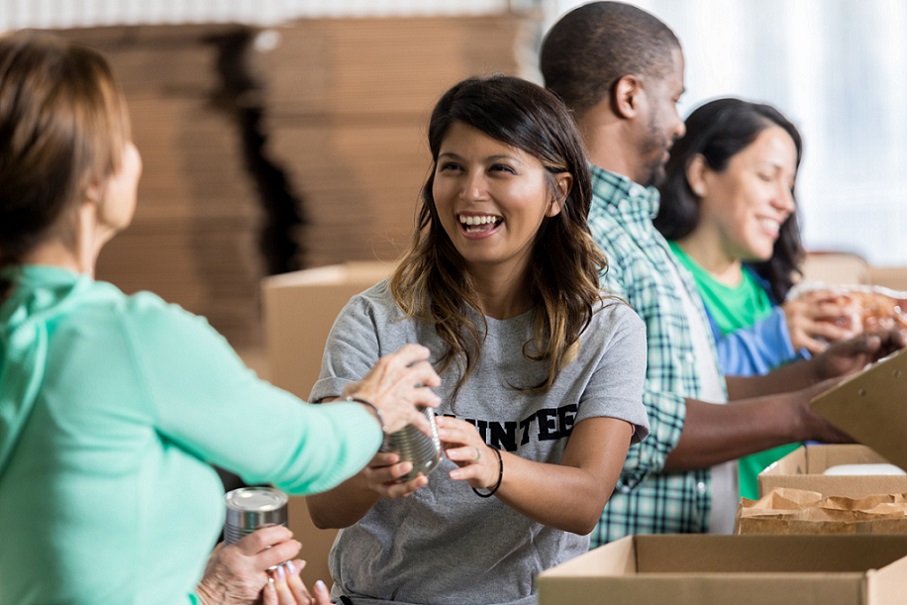
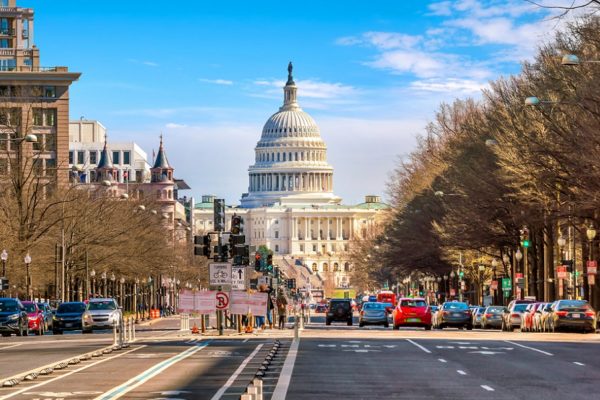
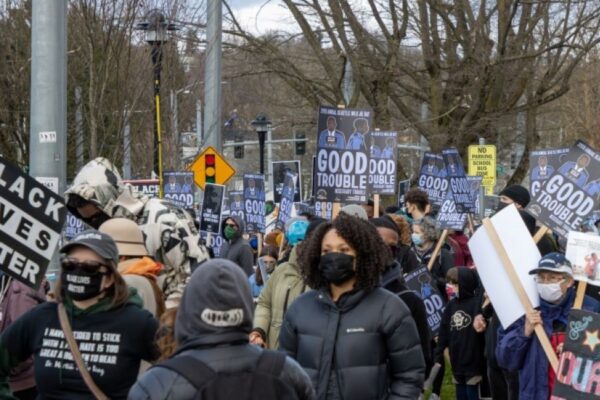
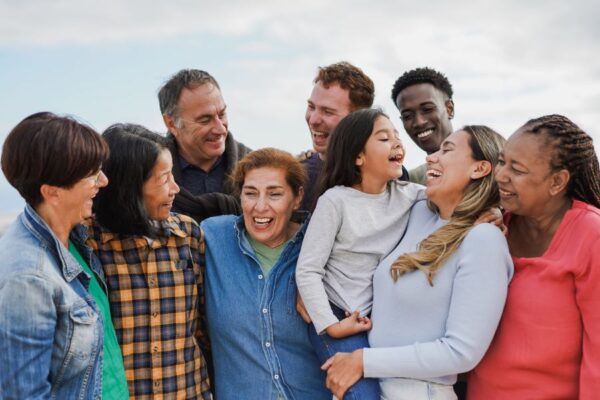
Comments